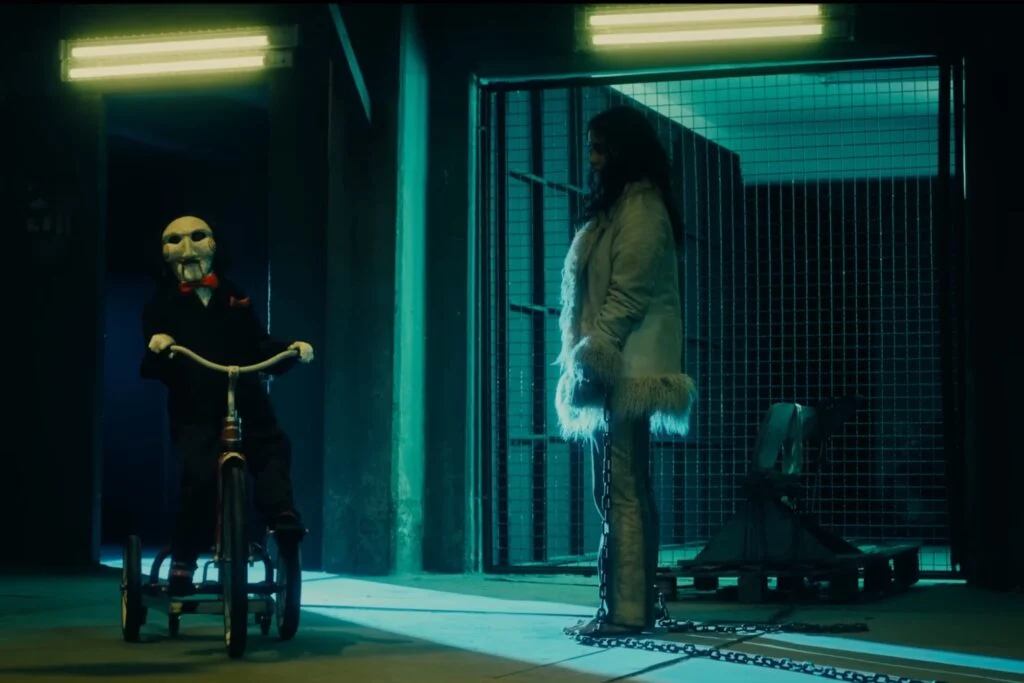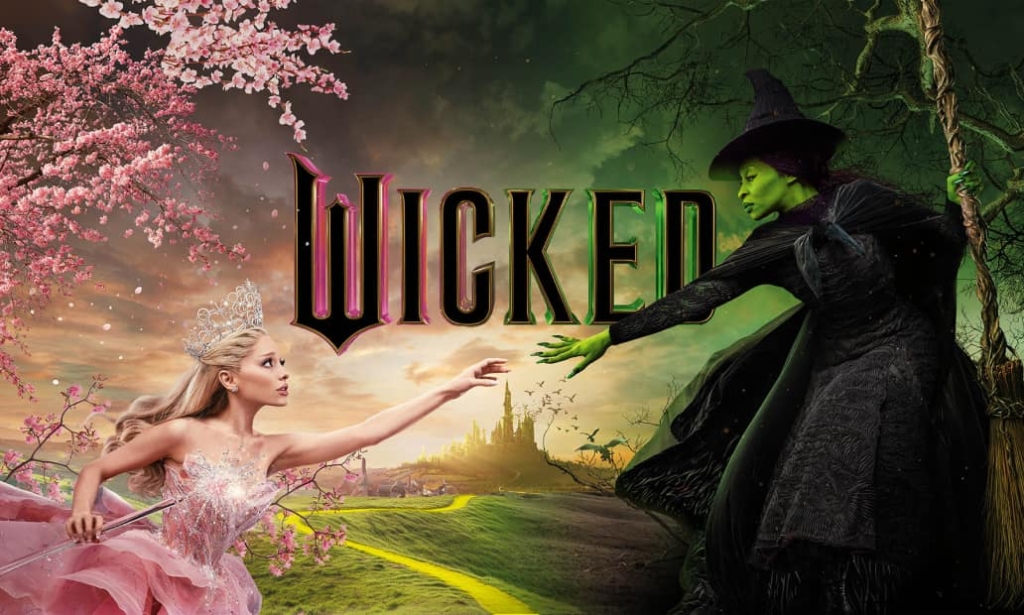On July 21, the long-awaited and much-discussed movies “Barbie” and “Oppenheimer” were released in theaters. People of all ages arrived at their local cinemas in hopes of being the first ones to view and comment on the highly anticipated films. Released on the same day, these movies created a memorable event in history that the internet fondly dubbed “Barbenheimer.”
The plots of the movies had everyone on the edges of their seats, and many people were surprised by some of the unexpected twists.
“I was assuming [the movie] would be on the original ‘Barbie’ episodes… I was surprised by the meaning behind [it] because I thought it was more of a humor-based movie,” junior Joshitha Nodagala said.
“Barbie” at first seems to be made for children, with the colorful scenery, cheerful characters, and light-hearted, funny dialogue. However, as the movie progresses, viewers can tell that the film is also targeted towards a more mature audience.
“‘Barbie’ […] is definitely a movie made by women and for women,” junior Lizzie Janney said.
Later in the film, we see Barbie and Ken venturing into the real world and learning deeper, more complex lessons that they never really had the chance to think about before in their peaceful dreamland home.
“At the beginning, the setting, music, and choreography definitely conveyed joy and optimism, but it also felt unnatural, almost disturbing. It was as if everything was too perfect– which is a pretty accurate depiction of Stereotypical Barbie’s life. Later, Barbie starts questioning her identity and her influence on young girls. The film slowly cascades into melancholy as she begins to feel worthless,” sophomore Amira Iqbal said.
The Barbie movie’s insightful display of sexism, patriarchy, and the impossible standards women uphold every day shocked its viewers, but ultimately impacted them in a positive way.
“I thought [‘Barbie’] would be similar to older animated movies where the plotline would be another fantasy adventure or something like that, that Barbie goes on… [but] I was pleasantly surprised with how it ended. It made me think of how so many inequities cannot be seen in society, towards all people,” junior Meneja Gautam said. “There [are] a lot of things that are normalized in our world that were repeatedly and obviously pointed out in the movie which I thought was very interesting. It showed that normalizing bad behavior leads to silent encouragement and acceptance.”
“Oppenheimer,” the other half of the “Barbenheimer” internet sensation, is very different from the pink and perfect world of “Barbie,” but was extremely popular nonetheless with many viewers making a point to see both films. The biographical movie is set in the time period of World War II and accurately portrays the real-life events it is based on. The film follows the career of American theoretical physicist J. Robert Oppenheimer and details the work he and a team of scientists do as they spend years creating the atomic bomb and eventually watching the world’s first nuclear explosion, which changes history forever.
While the movie is made for entertainment purposes, it also teaches its audience more about the history of the atomic bomb and accurately documents the life and mission of its creator.
“[‘Oppenheimer’] shows the thought, the process, the intentions, and the contention over [the atomic bomb’s] creation,” Gautam said. “It’s an almost educational movie with a lot of connections […] that show you the historical situation around the time that the bomb was created. It is very interesting and has depth that you would not expect.”
The movies offered hidden lessons and left viewers thinking about the subtle, thoughtful interpretations that were hinted at throughout their entirety,
“I loved the part when Barbie sits on a bench next to the grandmother and reflects how beautiful aging […] and being a human and a woman [is], and how they just admired each other,” junior Carly Carmichael said.
“[In] Oppenheimer […] the lesson [was] that what you have or create has consequences,” Janney said.
In the end, “Barbie” and “Oppenheimer” left their audiences contemplating their messages, and their impactful meanings will surely have everyone talking about them for many more months to come.







